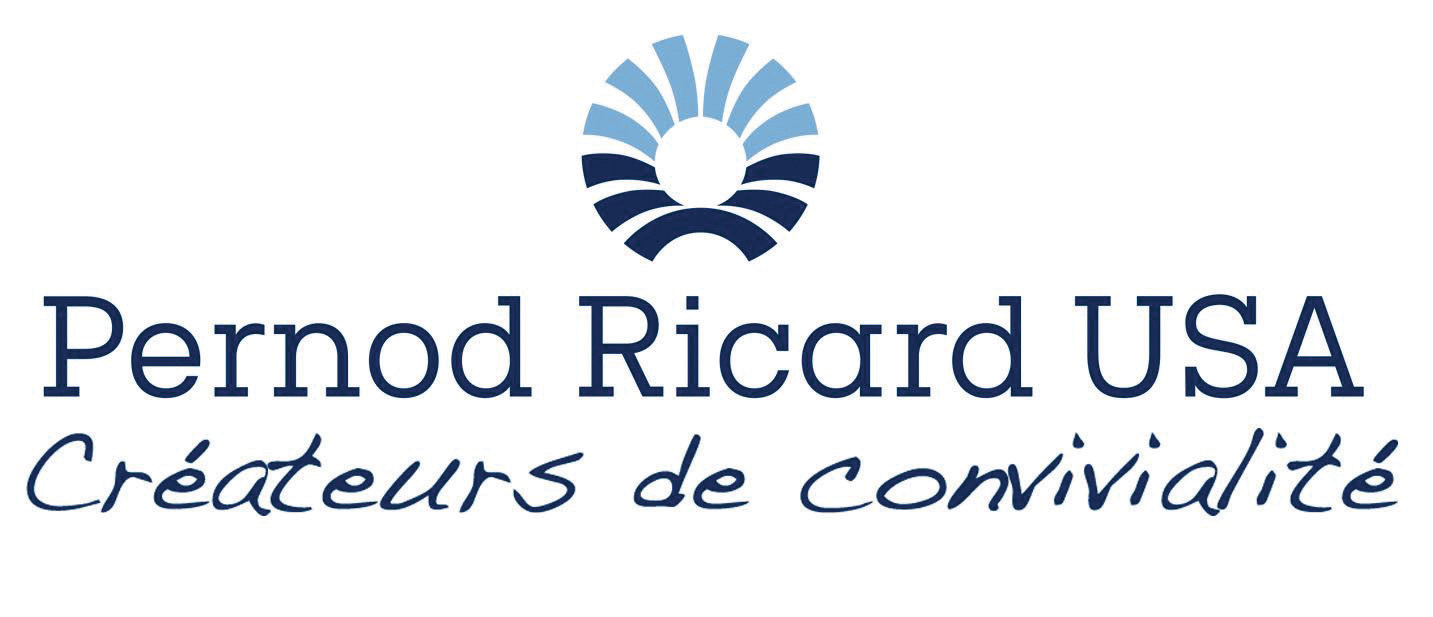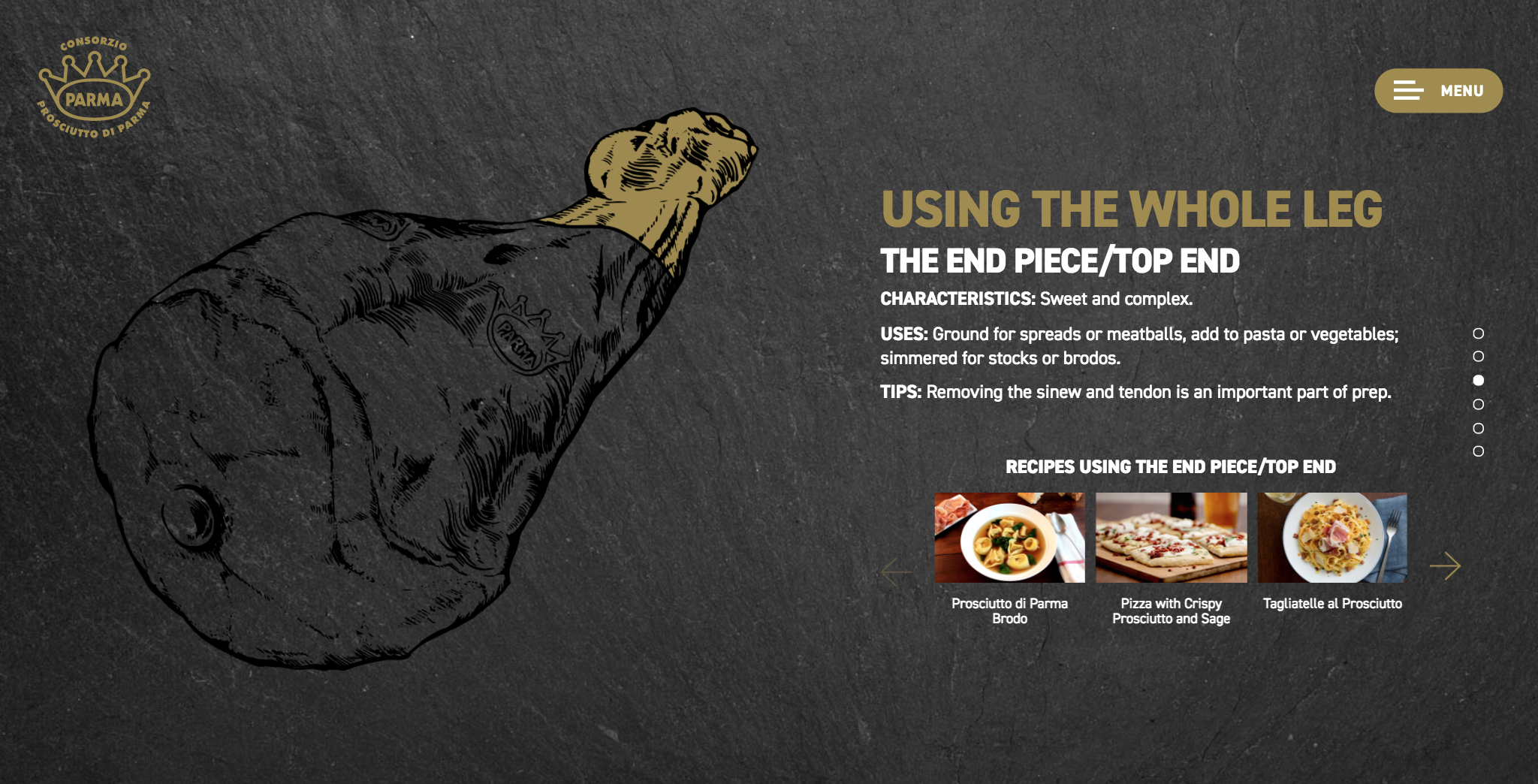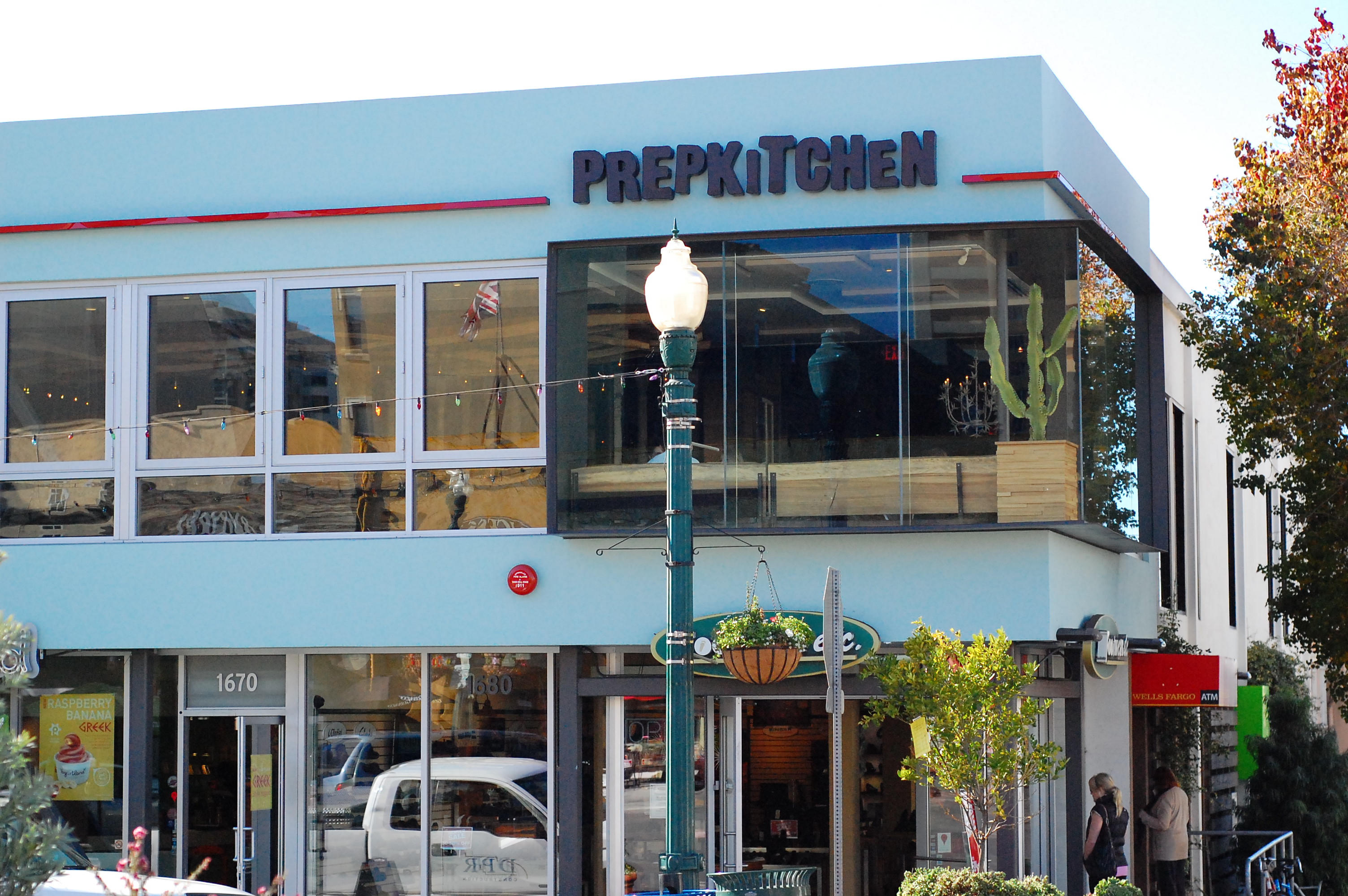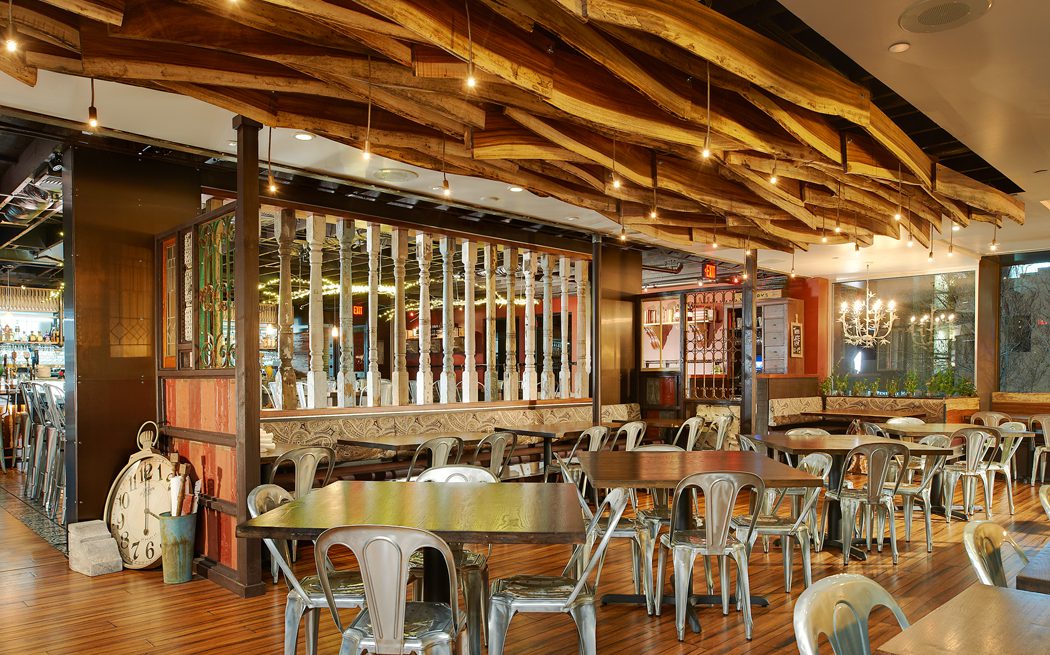Data-Based State of the Industry and Pause for Straws
6 Min Read By MRM Staff
MRM’s Daily Bite features news from Upserve, Pernod Ricard USA, US Foods, The Consorzio del Prosciutto di Parma and IAM Hospitality.
Send news items to Barbara Castiglia at bcastiglia@modernrestaurantmanagement.com.

Big Data, Big Trends
- Menu Trends: Upserve conducted an analysis of 29 menu items predicted to be hot (from charcoal to poke), and charted their sales performance between 2015 and 2017 to help guide restaurateurs on what food trends are solid bets to add to their menus in 2018 (and what can be ignored). An early winner? It looks like 2018 may be the year of the Jackfruit. This tree-borne fruit billed as a “healthy and sustainable vegan meat replacement,” saw a 131 percent growth in popularity in 2017.
- Labor Trends: Employee turnover is a constant concern for any small business; in the restaurant industry, it is like a revolving door. Upserve’s insights from Q3 of 2017 suggest ways to help restaurant owners manage this. The highest turnover was among roles like counter service/cashiers, and, it turns out, where in the country a restaurant is located can have a significant impact staff retention, too.
- Tipping Trends: Aiming for a 40-minute table turnover time may help increase total revenue and tips. Servers can expect the highest tip from diners at this point, as the average starts tapering off the longer they stay at the table.
Pause for Straws
Pernod Ricard USA has a new cocktail on its menu – drinks without straws or stirrers. The company is banning non-biodegradable plastic straws and stirrers in all parts of its business. As part of a Pernod Ricard global initiative, Pernod Ricard USA has established a policy to no longer purchase plastic straws, deplete the company’s current supply, and encourage its business partners to look at similar opportunities. The commitment builds on a change made during the holiday celebration season.
Plastic straws and stirrers have been an iconic part of a drink for decades, and the reinvigorated popularity of cocktails has resulted in an explosion of global straw use. However, a straw – which is only used for 20 minutes, on average – can take more than 200 years to break down and often does not fully disintegrate.
“We believe small acts have a big impact. We want to break the association that a cocktail needs a straw or stirrer to be complete – and we think mixologists would agree. As a leading spirits company in the United States and the largest subsidiary of the Pernod Ricard Group, we are concerned about the pressing plastics waste challenge and are committed to doing our part in eliminating it while driving a positive business impact,” said Amandine Robin, Senior Vice President of Communications & CSR at Pernod Ricard USA. “We’re asking consumers to join us by doing their part and choose to opt out of straws when responsibly enjoying beverages.”
“The history of Pernod Ricard and our values are intrinsically linked to social responsibility and care – it is a part of us. The creation of the Paul Ricard Oceanography Institute more than 50 years is a concrete example. In the United States, we use 500 million straws a day – enough plastic to circle the earth more than two and a half times, and more than eight million tons of plastic are sent to the ocean every year, including straws. We understand that non-biodegradable plastic is having a detrimental impact on the environment and oceans, and it’s crucial we play our role in being part of the solution,” said Vanessa Wright, recently appointed Group Vice President of Sustainability & Responsibility.
US Foods Joins GSSI
US Foods has joined the Global Sustainable Seafood Initiative (GSSI) as a Funding Partner. It is the first American foodservice distributor to join GSSI’s Global Partnership. US Foods will join 41 other global companies in working towards GSSI’s mission of providing more sustainable seafood for everyone.
“US Foods’ longstanding dedication to seafood sustainability and traceability is highly commendable. As a foodservice distributor, US Foods represents a critical part of the seafood supply chain, and GSSI is delighted to welcome them to the partnership. Having US Foods join the Global Partnership is a strong step forward for GSSI’s global non-competitive effort in ensuring clarity, confidence and choice in seafood certification.” said Herman Wisse, Program Director, GSSI.
“We are proud to join GSSI and support their global mission to provide more sustainable seafood for everyone,” said Jennifer Wandler, director of seafood category management, US Foods. “We look forward to the partnership supporting our commitment to the ongoing review and implementation of best practices across our seafood supply chain.”
Getting a ‘Whole Leg’ Up on Training
The Consorzio del Prosciutto di Parma unveiled its newest training hub known as “The Whole Leg.” The website is dedicated to educating chefs and foodservice professionals on using the entire leg of Prosciutto di Parma with tips and training that reduce waste and boost profits.
The new training platform serves as a one-stop-shop for foodservice professionals looking to learn more about working with Prosciutto di Parma. In addition to helping chefs maximize the product’s value, the goal of the site is also usage-based. Specifically, reducing overall food waste when using the product, by redirecting food scraps from the trash to the table.
Through extensive primary research among chef and foodservice audiences, the Consorzio discovered a void in digital training resources around prosciutto. This need was amplified by findings from a recent Consorzio study, which revealed that specifying Prosciutto di Parma on menus allowed chefs to charge $1-3 more because customers are willing to pay extra knowing they were getting a geographically protected, high quality, 100 percent natural cured ham.
“We are thrilled to be a leader in the industry in offering such a valuable learning tool to our chef and foodservice audience in the U.S.,” said Consorzio Marketing Director Paolo Tramelli. “We understand and appreciate the impact this influential group has on our business and we are pleased to provide them with the resources they need to uphold the quality and service deserving of Prosciutto di Parma.”

Featuring hand-drawn illustrations and professional photography, the new training hub serves as a comprehensive platform for chefs and foodservice professionals to learn how to properly identify, prepare, store, use and serve Prosciutto di Parma. The website offers the following training elements:
- Using the whole leg: Did you know you can reduce waste and add unique flavors to your recipe by using different parts of the leg? This section outlines the characteristics and recommended uses of each part of the leg and provides creative recipe inspiration for using these sections.
- Training videos: Offers three videos for serving the leg, including cutting the perfect slice by machine, hand slicing a bone-in leg and using all parts of the leg in the kitchen.
- Necessary tools for use: Details the different tools required to optimally handle and slice Prosciutto di Parma to achieve the perfect slice by machine or by hand.
- Identifying authentic Prosciutto di Parma: Due to the number of fake legs of prosciutto on the market that claim to be Parma, the Consorzio imposes strict regulations on what can be certified as Prosciutto di Parma. There are a number of ways to identify a true leg (or package) of Prosciutto di Parma to ensure you have an authentic product.
- Flavors and ages comparison: Among each section of the leg are varying flavors and textural experiences. Learn how, as Prosciutto di Parma ages, the flavor becomes more complex and sweeter.
- Storage and care: Provides step-by-step instructions for handling Prosciutto di Parma before, during and after service with tips and techniques to lengthen the shelf life of the leg.
- Types of legs available for purchase: Details the different forms of Prosciutto di Parma you can buy and tips for utilizing them and identifying that they’re authentic Prosciutto di Parma.
“As a Prosciutto di Parma Specialist, I’m committed to upholding the standards and quality of the production in our NYC restaurants Charlie Bird, Pasquale Jones, and Legacy Records. The Whole Leg training site is incredibly valuable for those of us in the culinary field as well as for cooking pros at home; it provides the best tools and techniques for working with this elite product,” said Chef Ryan Hardy, Partner at Delicious Hospitality Group. “Reducing waste and increasing profitability is critical to our business, so we appreciate the value in our staffers having access to this resource.”
In addition to the above elements, users can also download training materials, find a supplier, sign up for in-person trainings and join the Cured & Crafted monthly newsletter.
New Owners for PrepKitchen Locations

Deborah and David Krause, owners of IAM Hospitality Group (IHG) purchased PrepKitchen, purveyors of seasonal farm-focused cuisine in San Diego. The Las Vegas-based couple acquired all three locations from Whisknladle Hospitality.
“We are excited to bring our passion for the hospitality industry to a brand like PrepKitchen,” IAM Hospitality partner Deborah Krause said. “By providing a compass to such a well established restaurant, we hope to take the three locations into a new, re-energized generation that continues to connect our customers with seasonal farm-to-table cuisine. PrepKitchen will offer an uncompromised dining experience to everyone who grew to the love brand like we did.”
Within the next few months, PrepKitchen’s locations will see a fresh point-of-view to design features as well as more seasonally evolving menu items. The restaurants’ locations will remain open throughout the new ownership transition and any aesthetic improvements.
David and Deborah Krause have worked independently in acquisitions, strategic management, and marketing for hospitality and culinary brands since 2010, including brands such as PinkBerry, SBE Entertainment, Nikki Beach, and Live Nation. Deborah Krause previously spent more than 15 years developing and operating hotels, restaurants and nightlife destinations throughout the country and overseas, holding executive positions with Starwood Corporation, The Kimpton Group and Starbucks Coffee Company. During her time as Chief Operating Officer of PURE Management Group she managed a portfolio of seven restaurants, five lounges, and six nightclubs that collectively generated over $100 Million in annual revenues.

